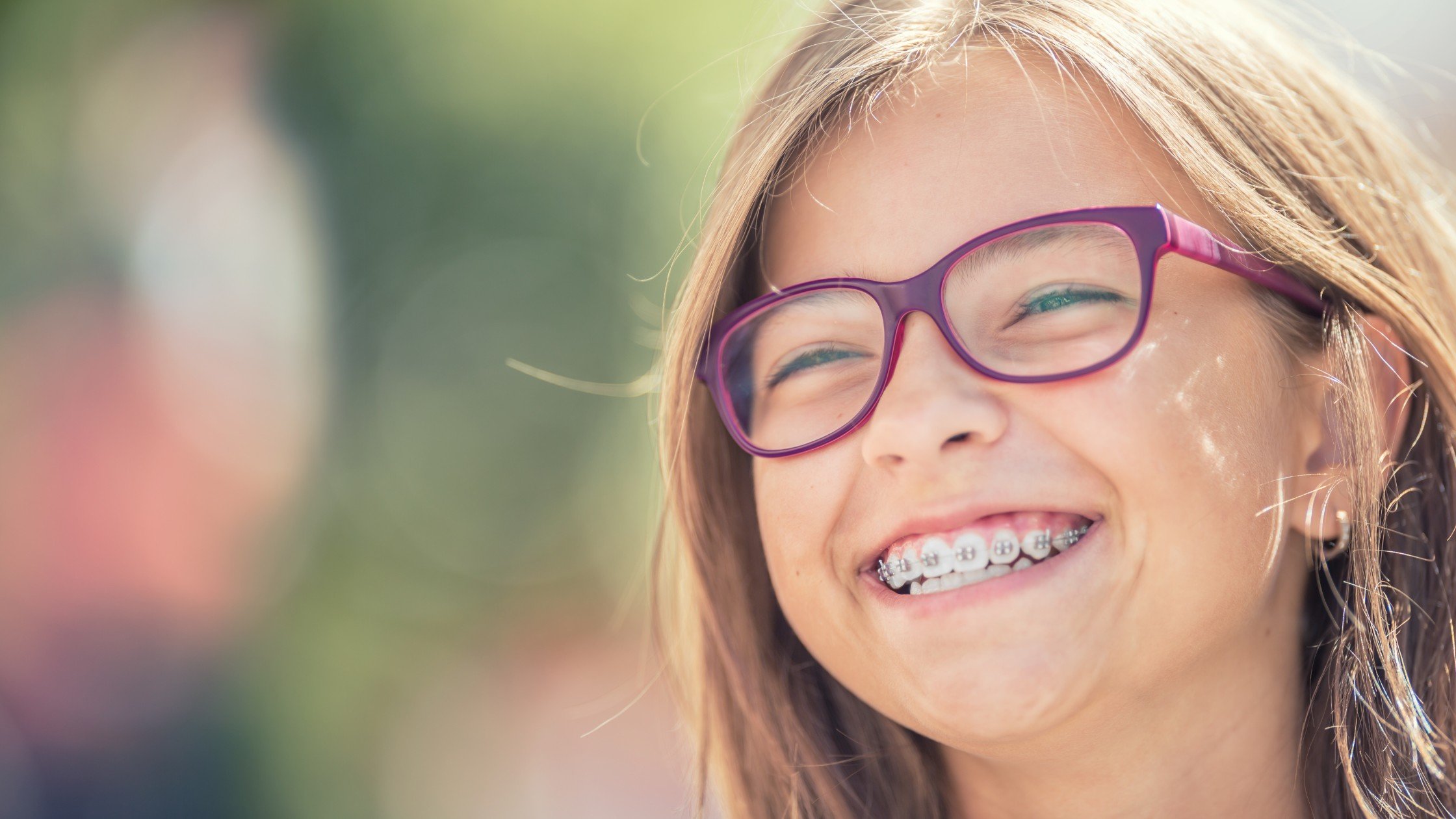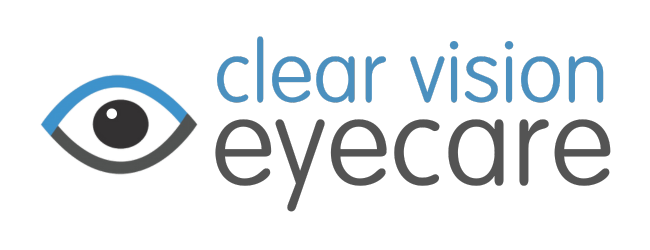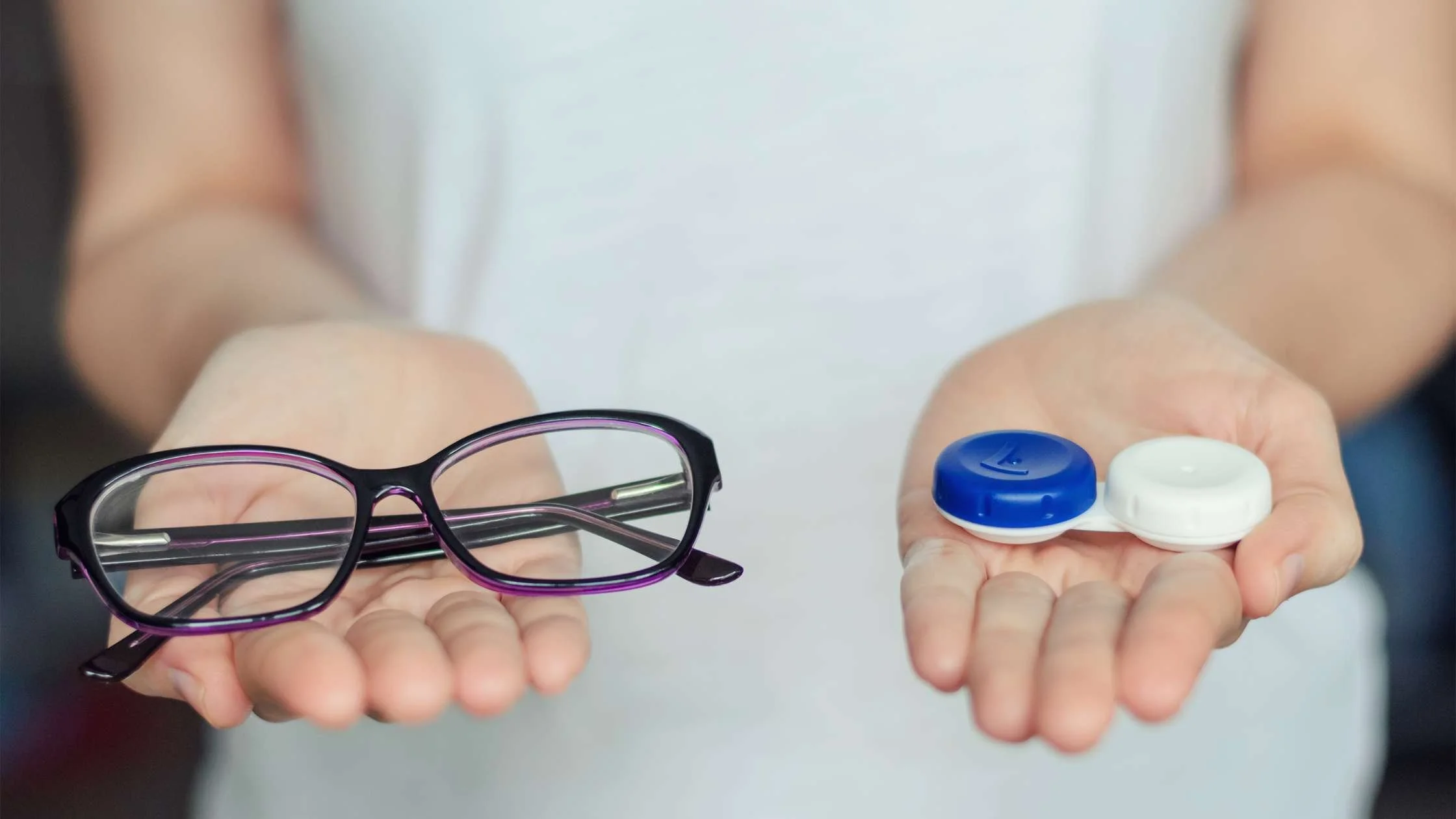
Myopia (Nearsightedness) Control in Daly City, CA
At a Glance: Myopia
Also called “near-sighted.”
Can get worse as a child grows.
Can cause serious problems later in life if left untreated .
Treated with special lenses (Ortho-k or multifocal) or atropine eye drops.
Looking into the distance, you notice the world around you seems blurred. It's frustrating, isn't it? Like there's a veil between you and the world.
As a child, you might think this is normal, since you’ve never known any other way. But it’s not normal – it’s myopia.
Meet myopia: the reason everything beyond arm's length is blurry.
Myopia is more than just a hassle. Children with myopia are more likely to develop serious eye diseases in late adulthood.
As an optometrist, Dr. Koutoulas educates his patients about myopia control. This article will introduce you to myopia. You’ll learn about its causes, symptoms, and the creative solutions available to help you see the world in a whole new light.
You'll also learn why it is essential to schedule regular eye exams to detect and treat the condition early.
Call us at Clear Vision Eyecare in Daly City today to schedule your comprehensive eye exam!
What is Myopia?
Myopia is when long-distance vision is blurry. A person with myopia may also be called “near-sighted”. They can see well up close, but not far away. They may be able to look at their phone or read a book clearly. But objects in the distance, like cars on the road or words on the blackboard, are blurry.
Myopia has to do with the shape of the eye. It happens when the eyeball is too long or the cornea is too curved. Because of this, light focuses on the wrong place in the back of the eye: in front of the retina instead of directly on it.
As many as 30% of people in the United States have myopia. Myopia usually shows up in childhood and can get worse as the child grows. It usually stabilizes between ages 20 and 40. Myopia often runs in families.
Why Manage Your Child's Myopia (Nearsightedness)?
While myopia is a common condition, it can cause serious problems if left untreated. People with severe nearsightedness are more likely to develop eye conditions later in life, such as:
Macular degeneration.
Retinal detachment.
Cataracts.
Myopia control can make you less likely to develop these eye diseases.
Myopia doesn’t just increase the risk of eye disease later in life. Other negative effects include:
Reduced quality of life. Prevents you from enjoying activities or performing daily tasks.
Academic performance. Children with myopia can get behind in reading and other academic skills. They can also have trouble with social interactions and lower self-esteem.
Eyestrain. Myopia can cause uncomfortable eyestrain and headaches.
Safety. Uncorrected nearsightedness can put you and others in danger. This is especially true while driving or operating machinery.
What Increases the Risk for Myopia?
Age: Myopia often develops in children age 6 to 14.
Ethnicity: Some studies show that people of Asian descent have a higher risk of developing myopia than those of European descent.
Genetics:
If one parent has myopia, a child’s risk of developing myopia is 1 in 3.
If both parents have myopia, a child’s risk of developing myopia is 1 in 2.
Even if neither parent has myopia, a child still has a 1 in 4 chance of developing myopia.
Environment: Spending less than 1.5 hours a day outdoors may increase the risk of myopia.
Prolonged close-up activities: Spending more than 2.5 hours a day on close-up activities like reading and using smartphones may increase the risk of myopia.
Screen time: Using computers or devices with a screen for long periods may increase the risk of myopia.
How Does Dr. Koutoulas Diagnose Myopia?
During your eye exam, Dr. Koutoulas uses the latest in-office technology to screen and diagnose myopia. Some of the tests include:
Visual acuity test to check how sharp your vision is at a distance. You cover one eye and then read an eye chart with different sized letters.
Phoroptor test to determine an appropriate prescription. You read an eye chart while looking through a device with different lenses.
Exam of inner eye with a special lens. May require dilation.
Dr. Koutoulas will conduct other simple tests to check the following:
The response of your pupils to light.
Eye movement.
Peripheral (side) vision.
Pressure within your eye.
The condition of the cornea, pupil, lens and eyelids.
What are the Best Treatments for Myopia?
If you or your child has myopia, don’t worry. There are several effective treatment options available for myopia control.
Atropine Eye Drops
You might be familiar with these eye drops – they’re the same ones that dilate the pupils and relax the eye muscles during an eye exam.
When given to children in low doses for 2 to 3 years, atropine drops may slow the progression of myopia. Doctors aren’t exactly sure how it works, but they think these drops may keep the eye from lengthening too much.
The drops are placed in the eyes at bedtime. Side effects may include redness or itchiness around the eye.
Peripheral Defocus Contact Lenses
These special contact lenses are worn by children, and sometimes adults, with myopia. This “multifocal” contact lens has different areas of focus.
You can imagine this lens as a dartboard, with multiple circles inside of each other. The center of the lens – the “bull’s-eye” – corrects blurry distance vision. The outer parts of the lens “defocus” or blur the peripheral (side) vision.
Blurring side vision is thought to slow eye growth and limit myopia.
Orthokeratology (Ortho-K)
Ortho-K is a hard contact lens that a child wears overnight to temporarily reshape the cornea. It is not worn during the day. The next day, light passing through the reshaped cornea falls on the retina like it’s supposed to. This makes distant images appear clearer.
Wearing Ortho-K lenses only improves vision for a short time. Once you stop wearing the lenses, the cornea slowly goes back to its normal shape and myopia comes back. Still, Ortho-K may provide some permanent reduction in myopia progression.
As with any contact lens, there is a risk of infection with Ortho-K lenses. They are also more difficult to fit compared to regular contacts lenses, so they require more follow-up visits to the doctor.
Pros and Cons of Each Myopia Treatment Method
Each myopia control method has its pros and cons:
Atropine eye drops are effective and easy to use, but they can cause light sensitivity and blurred vision.
Multifocal contact lenses or glasses are convenient and can provide clear vision at different distances, but they may not be suitable for all patients.
Ortho-k can provide clear vision without the need for glasses or contact lenses during the day, but it requires careful monitoring by an eye doctor.
Which Myopia Control Method is Best for My Child?
If your child is diagnosed with myopia, Dr. Koutoulas will work with you to develop a treatment plan based on age, degree of myopia, and lifestyle.
Benefits of Myopia Control
Managing your child’s myopia control may:
Reduce their risk of developing other eye diseases later in life.
Improve their quality of life by allowing them to perform daily activities without the need for glasses or contact lenses.
Positively impact their academic and social life by ensuring that they can see clearly and perform well in school.
Help them participate in sports and other activities without the need for glasses or contact lenses.
Steps You Can Take to Manage Your Child’s Myopia
Make sure your child spends more time outdoors.
Limit screen time on computers or other digital devices. By balancing screen time with outdoor time, you may help protect your child’s vision as they grow older.
Encourage your child to take frequent breaks from screen time and close-up activities.
Schedule an Eye Exam for Myopia Control Near You in Daly City, CA
Myopia is a common condition that can have serious consequences if left untreated. Reducing you or your child's nearsightedness will improve their quality of life and prevent future eye health complications. It will also reduce the need for stronger prescriptions.
Fortunately, there are effective methods of myopia control that can help slow down its progression. By working with an experienced eye doctor and following a treatment plan, you can control your myopia.
If you or a loved one has myopia, schedule a comprehensive eye exam with Dr. Koutoulas at Clear Vision Eyecare in Daly City today. Dr. Koutoulas will perform a series of tests to evaluate the degree of myopia and determine the best course of treatment. Together, you can determine the best course of treatment and take steps to maintain healthy eyes.




